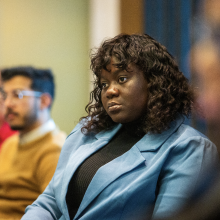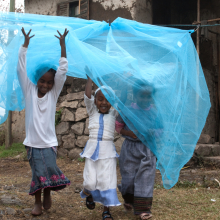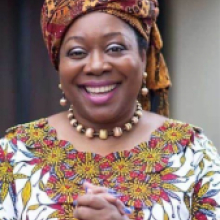Just like malaria-carrying mosquitoes move easily across borders and transmit disease, it is essential that countries work in lockstep to eliminate malaria by embracing a regional approach. Last month saw two important announcements in this regard.
In southern Africa, 16 countries of the Southern African Development Community (SADC) signed the Windhoek Declaration, firmly placing regional malaria elimination on the agenda of all Member States. Meanwhile in Dakar, health ministers from eight Sahel countries launched the Sahel Malaria Elimination Initiative to accelerate the region’s efforts to eliminate the disease that puts 90 million Sahelians at risk each year.
These are encouraging signs for our collective efforts to defeat malaria, which is at the heart of the RBM Partnership’s Strategic Plan 2018-2020. We are seeing countries around the world step up regional collaboration – from the Greater Mekong Subregion to the Regional Malaria Elimination Initiative in Central America.
A key element of the RBM Partnership’s regional approach is for malaria initiatives to be anchored in existing political and economic platforms such as regional economic communities – which is the case for both Elimination 8 initiative linked to SADC, and the newly launched Sahel initiative that will be hosted by the West African Health Organization of the Economic Community of West African States (ECOWAS).
This is extremely important to ensure not only their long-term sustainability, but also their ability to effectively engage actors beyond the health sector, as malaria has a direct impact on the countries’ economies. Defeating this disease will unlock tremendous potential for the African continent by increasing productivity and advancing people-centered development.
It is my hope to see all malaria-endemic regions join in cross-border collaboration efforts to accelerate the malaria elimination agenda, take inspiration and learn from each other. This is already the case with the Elimination 8 and the Sahel initiatives, which count RBM Board Members – Dr Richard Kamwi and Professor Awa Marie Coll-Seck – as their Ambassadors. With strong leadership in all endemic countries and regions, I am confident we will succeed in shrinking the malaria map.
Latest Blogs



